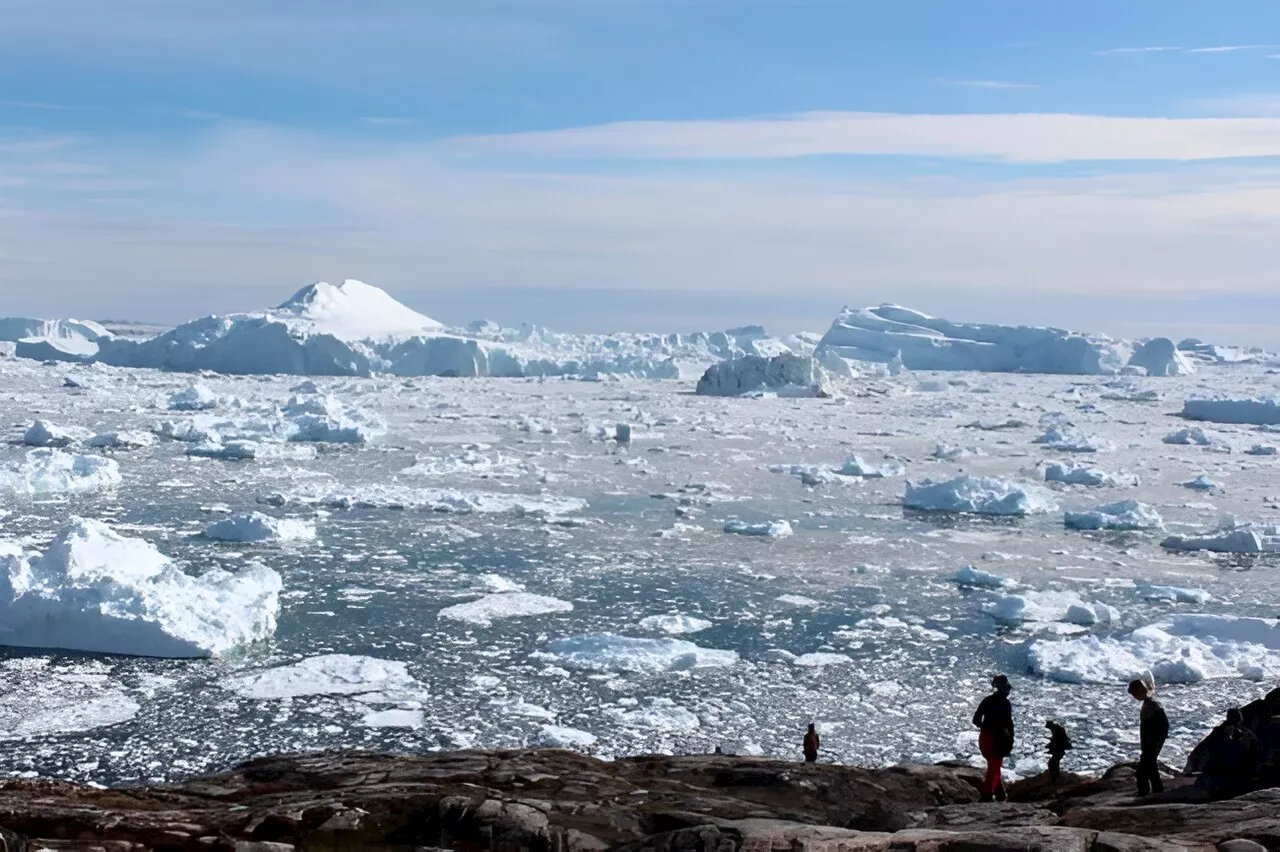As climate change advances, the vast bodies of ice on Antarctica and Greenland contribute significantly to sea level rise. To project their future effect on sea level rise, additional research is required to improve scientists' understanding of these masses of ice.
Scientists track sea level rise from glaciers in Greenland and Antarctica retrieved 9 July 2024 from https://phys.org/news/2024-07-scientists-track-sea-glaciers-greenland.html
This document is subject to copyright. Apart from any fair dealing for the purpose of private study or research, no part may be reproduced without the written permission. The content is provided for information purposes only.23 hours ago Use this form if you have come across a typo, inaccuracy or would like to send an edit request for the content on this page. For general inquiries, please use ourThank you for taking time to provide your feedback to the editors.
Your feedback is important to us. However, we do not guarantee individual replies due to the high volume of messages.to let the recipient know who sent the email. Neither your address nor the recipient's address will be used for any other purpose. The information you enter will appear in your e-mail message and is not retained by Phys.org in any form.Get weekly and/or daily updates delivered to your inbox.
Physics News Science News Technology News Physics Materials Nanotech Technology Science
United States Latest News, United States Headlines
Similar News:You can also read news stories similar to this one that we have collected from other news sources.
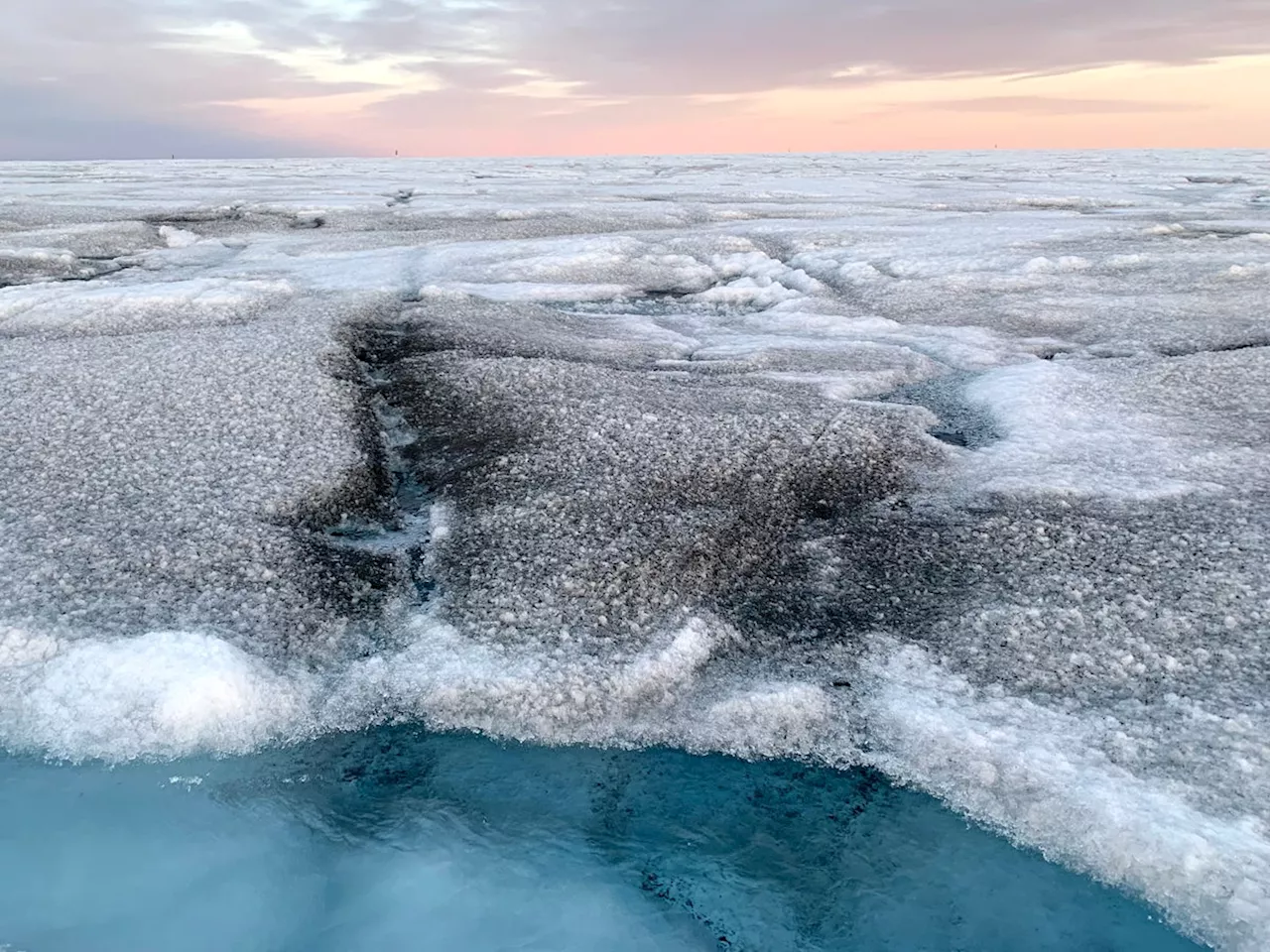 Giant Viruses Discovered in Arctic Ice Could Slow Sea-Level RiseScientists recently discovered giant viruses infecting algal blooms that dot the Greenland ice sheet
Giant Viruses Discovered in Arctic Ice Could Slow Sea-Level RiseScientists recently discovered giant viruses infecting algal blooms that dot the Greenland ice sheet
Read more »
 Put Away Your Parka: Why Greenland Isn’t the Arctic Paradise You Think It Is.As mass tourism arrives to the Arctic Circle, Greenland is suffering thanks to global warming, over-hunting, and massive mosquitoes.
Put Away Your Parka: Why Greenland Isn’t the Arctic Paradise You Think It Is.As mass tourism arrives to the Arctic Circle, Greenland is suffering thanks to global warming, over-hunting, and massive mosquitoes.
Read more »
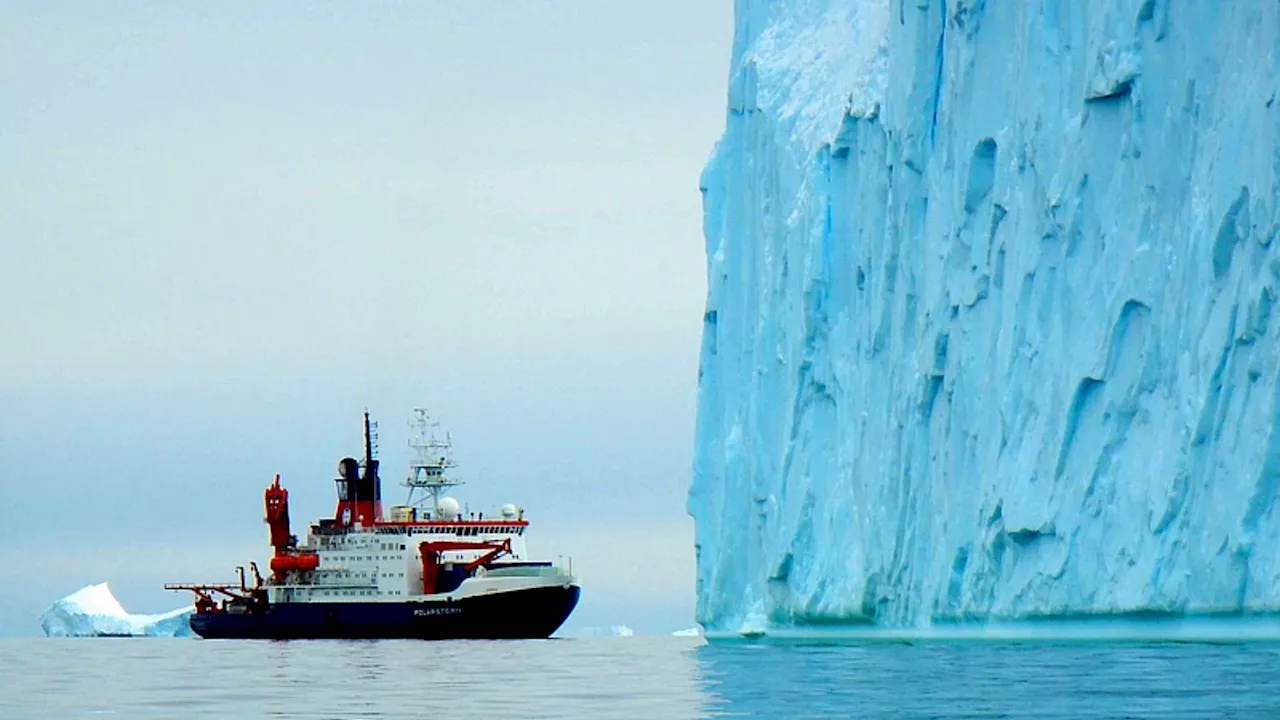 40-million-year-old river buried beneath Antarctic ice discoveredThis suggests that Antarctica supported a temperate climate around 34 million years ago.
40-million-year-old river buried beneath Antarctic ice discoveredThis suggests that Antarctica supported a temperate climate around 34 million years ago.
Read more »
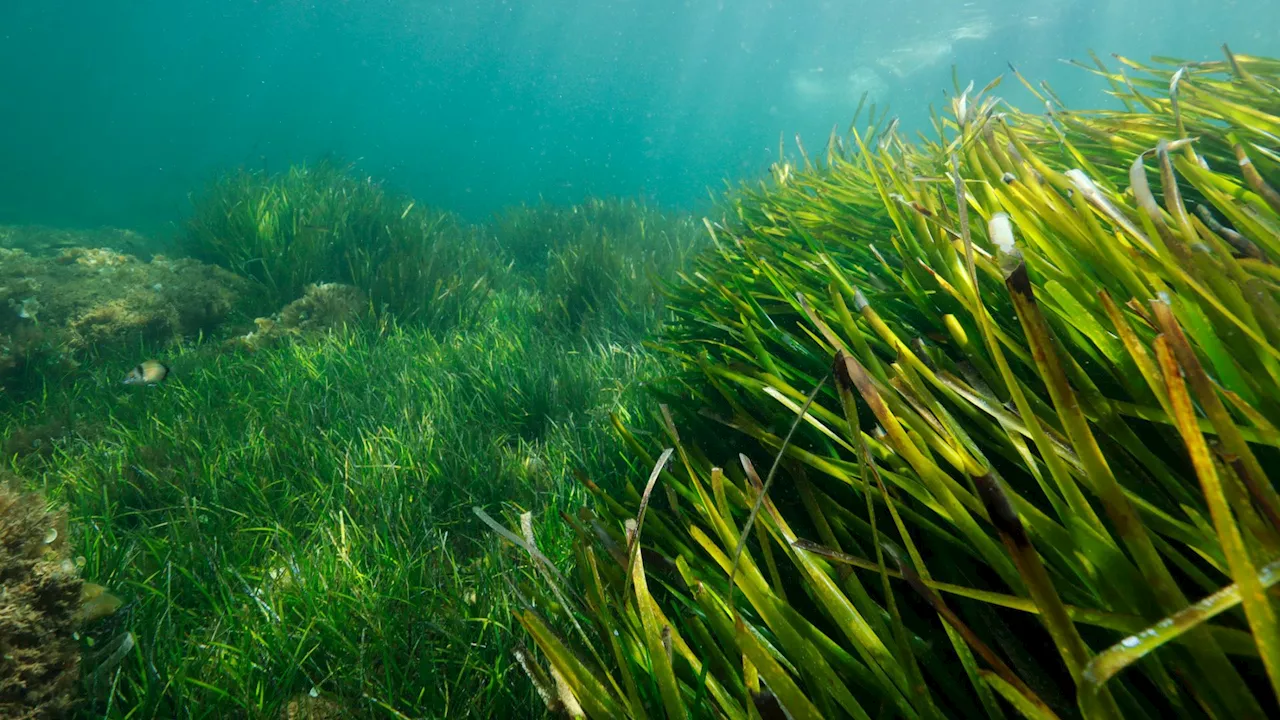 New genetic clock spots marine plant older than even Greenland sharkResearchers have developed a novel genetic clock to date marine plant clones, discovering a 1402-year-old seagrass clone in the Baltic Sea.
New genetic clock spots marine plant older than even Greenland sharkResearchers have developed a novel genetic clock to date marine plant clones, discovering a 1402-year-old seagrass clone in the Baltic Sea.
Read more »
 On thin ice: Greenland's last Inuit polar bear huntersInuit hunter Hjelmer Hammeken spotted a ringed seal near its breathing hole on the Greenland ice. In his white camouflage, he slowly crept towards it then lay down in the snow and waited.
On thin ice: Greenland's last Inuit polar bear huntersInuit hunter Hjelmer Hammeken spotted a ringed seal near its breathing hole on the Greenland ice. In his white camouflage, he slowly crept towards it then lay down in the snow and waited.
Read more »
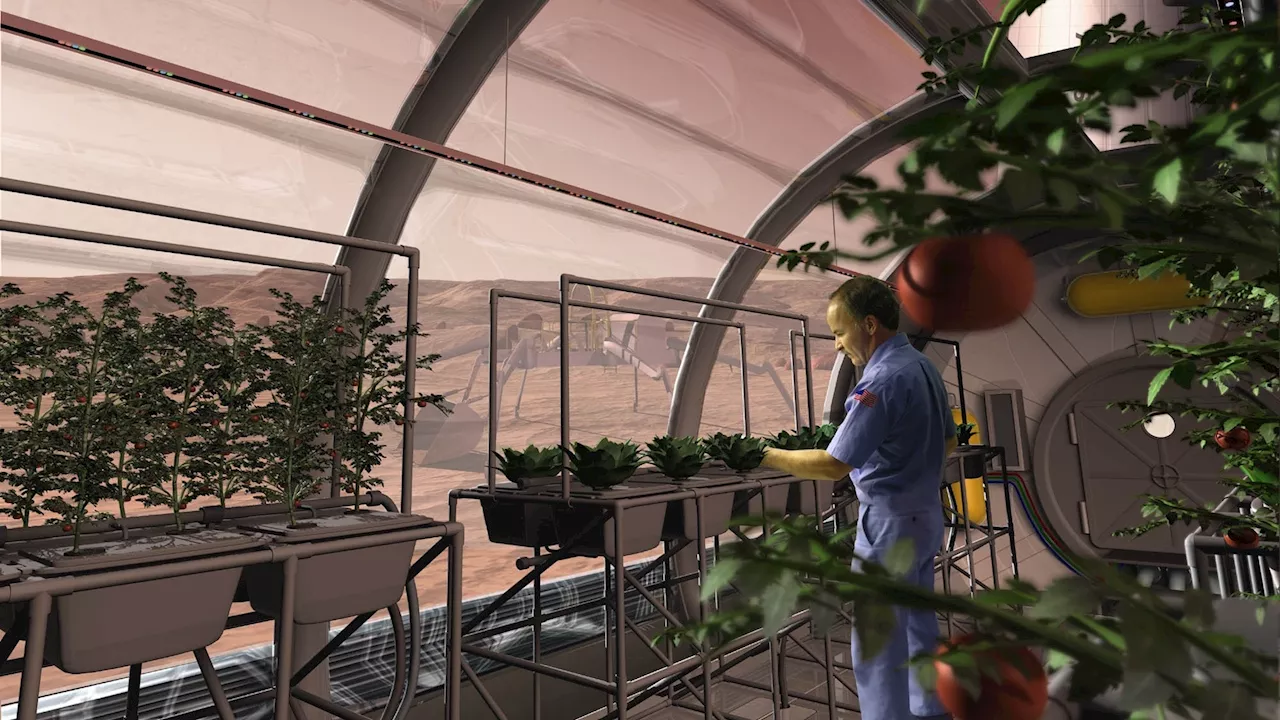 Moss that grows in Mojave desert, Antarctica can grow on Mars, claims ChinaResearchers find desert moss could aid in transforming Martian soil and supporting future plant growth experiments.
Moss that grows in Mojave desert, Antarctica can grow on Mars, claims ChinaResearchers find desert moss could aid in transforming Martian soil and supporting future plant growth experiments.
Read more »
